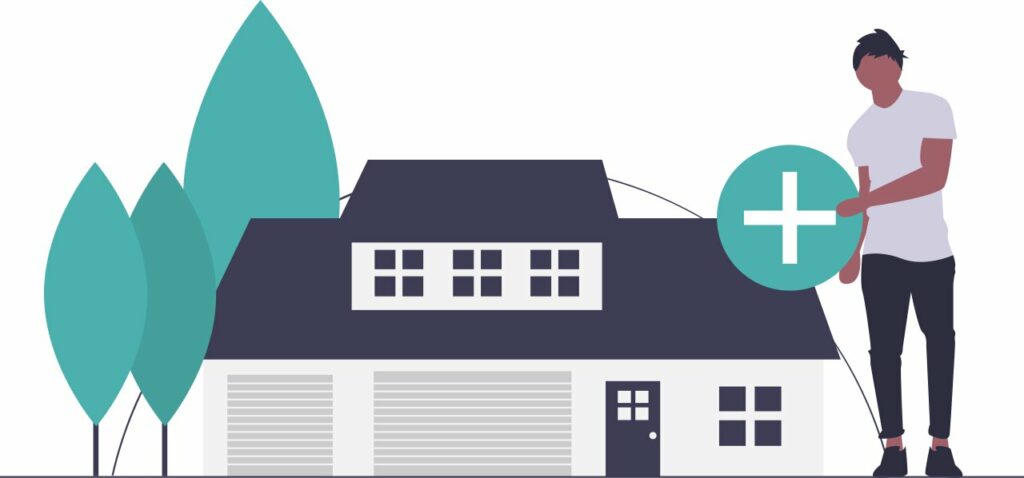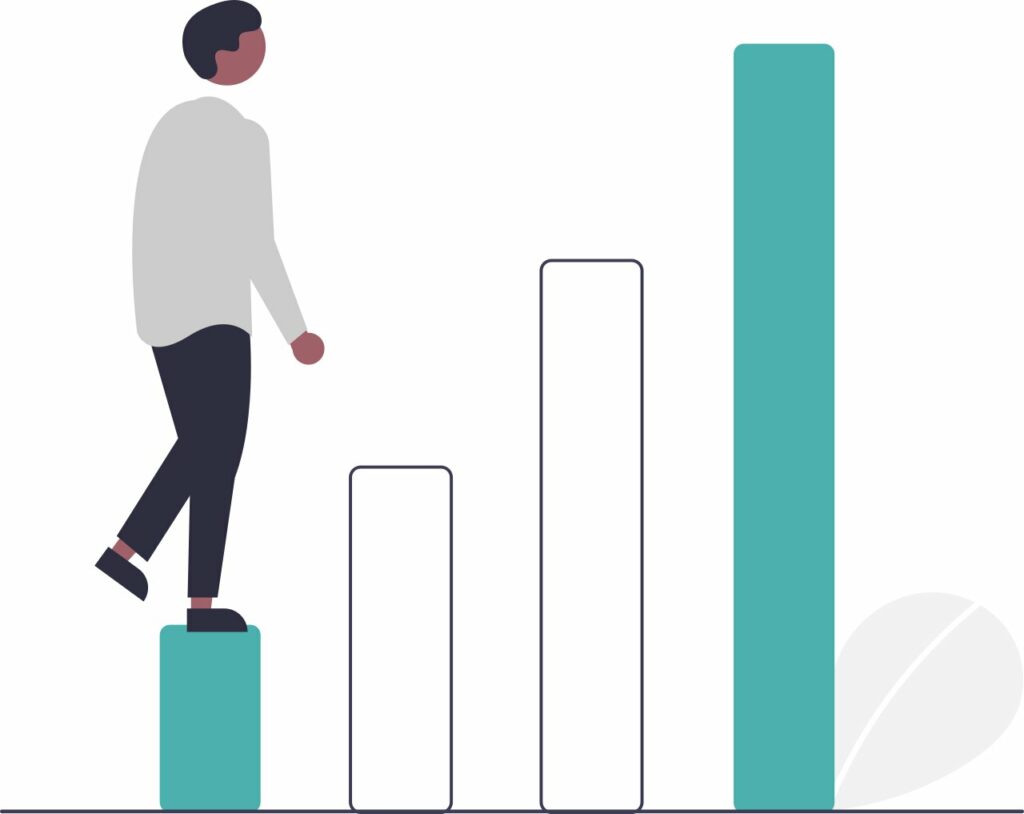
“Should I lock in my variable rate mortgage?”
This is the question I’m getting 5 times a day at the moment.
While everyone’s unique circumstances may be different, I’d like to summarize my take on the market and attempt to answer that exact question.
Why are interest rates going to rise?
In one word, INFLATION.
December 2021 showed an inflation rate of 4.8% compared to December 2020. That’s the highest it’s been since 1991.
And inflation is a problem because it means that your dollar – your salary, savings, and investments – are worth less today than 12 months ago. You see this every time you go to the grocery store and gas pump.
If inflation persists, then consumers lose confidence and make panic decisions that can further exacerbate an inflation problem. We’ve seen this in lots of historical and current examples around the world – look no further than Turkey.
It’s also worth noting here that inflation is not a unique Canadian problem. We’re seeing it all around the world at the moment.
How do we fix inflation?
We fix inflation with higher policy rates.
The Bank of Canada can raise the overnight lending rate, and by doing so it will make borrowing money more expensive, which will impact household and business spending. Essentially, demand for goods and services should go down and cool price acceleration.

But 2022 is unique…
A little microscopic virus called Covid-19 has made it very challenging for governments around the world to enact policy.
If they aggressively raise interest rates they could easily stall economic growth, hurt households and businesses, and worse, even create a recession.
So where does that leave you with your variable rate mortgage?
The million dollar question if you’re currently in a variable rate mortgage is whether you should jump ship and immediately lock into a fixed rate mortgage.
My general answer is no, and here’s why:
- The “market” (investors and bond traders) has priced in 6 to 8 +0.25% increases to the prime rate over the next 24 months. This would mean a 1.50% to 2.00% jump to your current variable rate mortgage.
- Today’s fixed rate mortgages already reflect this anticipated increase. The average 5 year fixed rate offering is between 2.84% to 3.09% from your banks and lenders. These are the rates available if you convert to a fixed rate today.
- If you are currently in a variable rate mortgage of P-.60 or better, then converting to a fixed means that you’ll be increasing your mortgage interest rate by at least 1.00% to 1.50% overnight. I don’t see any compelling reason to do this, despite rates increasing this year.
- Many market economists and observers (including this one!) believe that “the market” has priced rates too aggressively, and that the BoC will not increase rates more than 2 to 3 times in 2022. This would leave us with a prime rate +0.50 to +0.75 higher than it is today.
- BUT let’s play devil’s advocate, and say the BoC will increase rates 6 to 8 times. For most borrowers who have a variable rate at P-.90 (1.55%) or better, converting to a fixed rate still doesn’t make sense, because it will take 24 months or more to get to an effective rate of ~3.00%. If you stay in a variable and go on the elevator ride, you’re still saving money.
- Lastly, we don’t know what we don’t know. This pandemic has had so many twists and turns, and the story isn’t over yet. One new headline twist and we’re back into economic headwind, which will keep rates low and stall any likelihood of the 1.50% to 2.00% increase.
Have any questions?
As always, I want to help my clients understand their mortgage options. I’m just a phone call or email away. Book a call directly via my calendar below, or get in touch with me here.